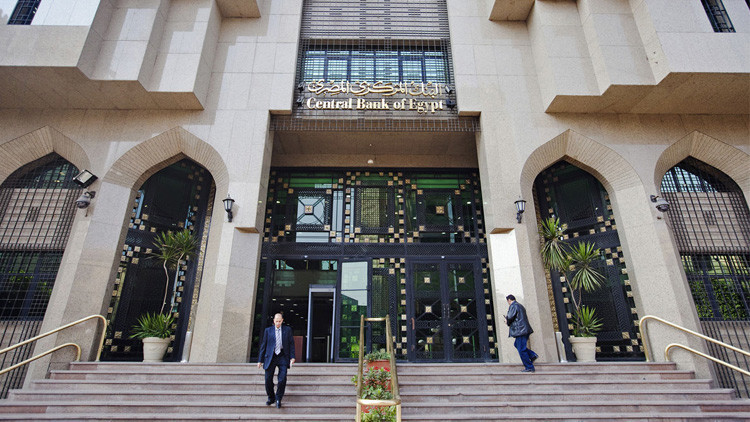
By Jite Eriabie
Egypt’s central bank removed caps on deposits and withdrawals of foreign currency for importers on Tuesday, lifting some of the last currency controls put in place after a 2011 uprising.
The move is another sign that bank liquidity is improving as a result of Egypt’s $12 billion, three-year International Monetary Fund program and a currency flotation that halved the pound’s value and helped crush the black market for dollars.
Egypt imposed strict controls on the movement of hard currency as the 2011 uprising drove away tourists and foreign investors, key sources of foreign currency, forcing importers to rely on a more expensive black market for dollars.
In 2012, it limited deposits to $10,000 per day and $50,000 per month and set a $30,000 per day withdrawal limit for importers of non-essential goods.
Removing capital controls was among the reforms agreed to as part of the IMF program adopted in 2016, which also included tax hikes and subsidy cuts.
Businesses and analysts welcomed the decision to lift the deposit and withdrawal caps, and said it effectively marked the end of currency controls put in place since 2011 that also included strict limits on currency transfers abroad.
“The limitations which the private sector had on them with regard to foreign currency are now removed at last,” said Chief Operating Officer of Pharos Holdings, Angus Blair.
“It’s a confidence building measure that shows the private sector that things are back to normal,” he said.
Central bank foreign reserves have climbed in the year since the IMF-backed reforms began, hitting $36.7 billion at the end of October, roughly twice as much as before the IMF agreement.
“This is positive but expected, given forex liquidity having improved substantially in banks since the currency float,” said Head of Research at Naeem Brokerage, Allen Sandeep.
“What we would be keen to see from here however is whether this would have an impact on the exchange rate.”
The Egyptian pound EGP1= was trading at around $17.65 on Tuesday, roughly the same level as in recent months.
An IMF team this month completed its second review of Egypt’s performance under the program and the IMF board is expected to approve a third, $2 billion, disbursement of funds within weeks.
Copyright Ships & Ports Ltd. Permission to use quotations from this article is granted subject to appropriate credit given to www.shipsandports.com.ng as the source.
